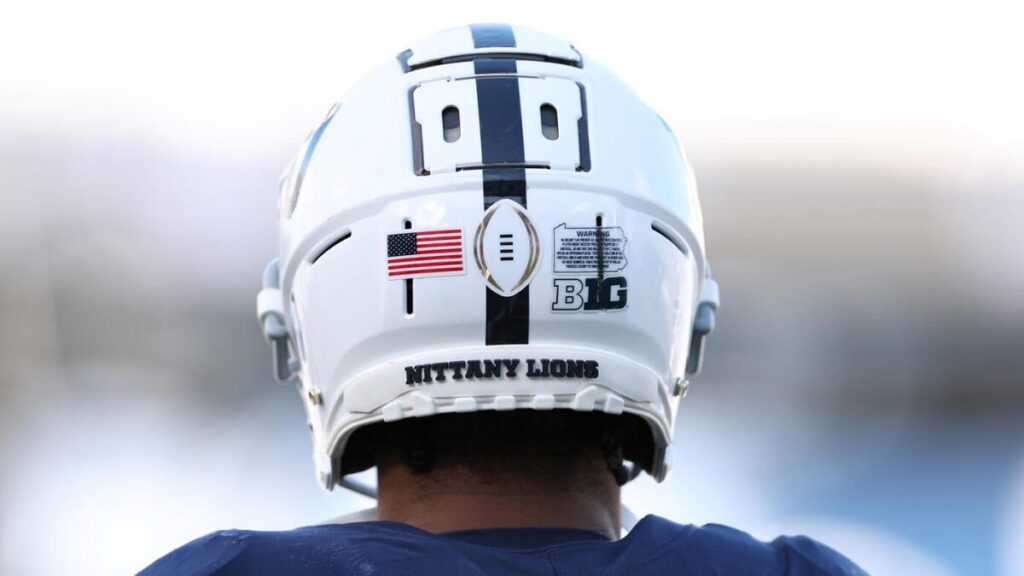Athletic directors at Penn State and UCLA have denied their schools are involved in private equity funding, even as last week’s landmark House v. NCAA settlement opened the door for private equity to enter the college sports universe.
Pat Kraft (Penn State) and Martin Jarmond (UCLA) told Yahoo Sports’ Ross Dellenger that partnerships with sports consulting firm Elevate do not include private capital. This, in response a report from Sportico that the Big Ten members became debut partners in Elevate’s new $500 million program to fund college athletic departments.
“Elevate is a current ticketing partner of UCLA Athletics, and we are exploring the opportunity to expand the partnership, but private equity funding is not involved,” Jarmond told Dellenger.
On Monday, Elevate revealed its College Investment Initiative, which is fully funded by Velocity Capital Management and the Texas Permanent School Fund. Velocity, which is owned by David Abrams and Indonesian billionaire Robert Budi Hartono, opened three years ago and had $257 million in assets as of December 2024, per Sportico. The Texas Permanent School Fund holds more than $57 billion in assets and benefits grade and high schools in Texas.
“Elevate serves as our partner in ticketing strategy and operations,” Kraft told Dellenger. “To clarify, our relationship is strictly limited to these services. We have no affiliation or involvement with any private equity firm or fund.”
That fund is reportedly open to various projects but will prioritize credit deals rather than equity stakes and primarily seeks investments that generate long-term revenue for the schools that sign. It also intends to provide schools with consulting services from its co-owners and backers.
Both Penn State and UCLA competed at the top of the Big Ten in various sports this year. The Nittany Lions most notably reached the College Football Playoff semifinals. The Bruins made a Final Four appearance in women’s hoops as a 1-seed, clinched a spot in the Men’s College World Series and won a national championship in men’s water polo.
The introduction of private equity has found its way into the conversations around college athletics. Florida State, for example, previously investigated opportunities but did not reach any agreements. The Big 12 considered a private equity investment last summer, which could have brought as much as $1 billion into the conference at a 20% ownership stake. Like Florida State, though, the Big 12 ultimately did not pursue it.
Schools are involved in an accelerating arms race to compete with the richest and most successful athletic departments. The influx in financial resources that come with a private equity agreement would help them fund not only their athletic rosters but also the required payments that came as a result of the House v. NCAA settlement. Power-conference schools are on the hook for up to $22 million over the next 10 years. With the settlement laying the groundwork for revenue sharing with student-athletes, the cost of doing business is about to get even higher.
Read the full article here



